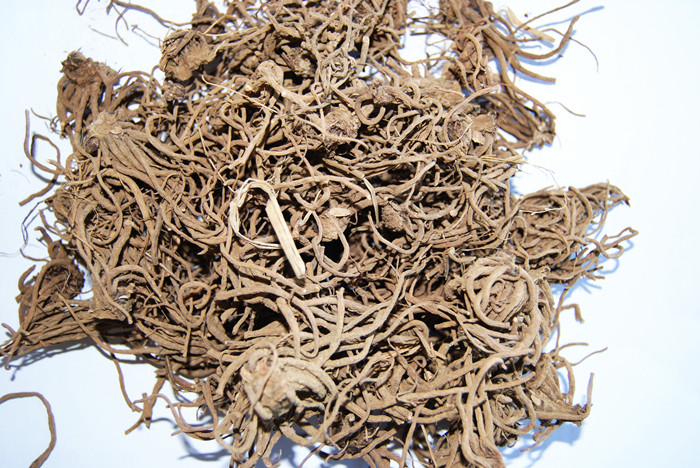Valerian Root

INTRUDUCTION
Valerian is an herb. Medicine is made from
the root.
Valerian is most commonly used for sleep
disorders, especially the inability to sleep (insomnia). It is frequently
combined with hops, lemon balm, or other herbs that also cause drowsiness. Some
people who are trying to withdraw from the use of “sleeping pills” use valerian
to help them sleep after they have tapered the dose of the sleeping pill. There
is some scientific evidence that valerian works for sleep disorders, although
not all studies are positive.
Valerian is also used for conditions
connected to anxiety and psychological stress including nervous asthma,
hysterical states, excitability, fear of illness (hypochondria), headaches,
migraine, and stomach upset.
Some people use valerian for depression,
mild tremors, epilepsy, attention deficit-hyperactivity disorder (ADHD), and
chronic fatigue syndrome (CFS).
Valerian is used for muscle and joint pain.
Some women use valerian for menstrual cramps and symptoms associated with
menopause, including hot flashes and anxiety.
Sometimes, valerian is added to bath water
to help with restlessness and sleep disorders.
In manufacturing, the extracts and oil made
from valerian are used as flavoring in foods and beverages.
USES
Inability to sleep (insomnia). Some
research suggests that valerian does not relieve insomnia as fast as “sleeping
pills.” Continuous use for several days, even up to four weeks, may be needed
before an effect is noticeable. Valerian seems to improve the sleep quality of
people who are withdrawing from the use of sleeping pills. Not all evidence is
positive, however. Some studies have found that valerian doesn’t improve
insomnia any better than a “sugar pill” (placebo).
Anxiety. There is contradictory evidence
about the effectiveness of valerian for anxiety. Some people have reported that
it seems to reduce stress in social situations. Yet, other studies have shown
no effect.
Depression. Some early research suggests
that taking valerian plus St. John’s wort improves symptoms of depression.
Taking higher doses of valerian with St. John’s wort improves depression
symptoms faster than low doses.
Restlessness. A specific combination
product, providing valerian root extract 160 mg and lemon balm leaf extract 80
mg (Euvegal forte, Schwabe Pharmaceuticals), has been tried to reduce symptoms
of serious restlessness (dyssomnia) in children under the age of 12. Early
results show it might be effective, but more research is needed.
Menstrual disorders (dysmenorrhea). Early
research suggests that taking valerian three times daily for two menstrual
cycles reduces pain and the need for other pain relievers during menstruation.
Stress. Early research suggests that taking
600 mg of valerian for 7 days reduces blood pressure, heart rate and feelings
of pressure when under stress. Other research found that taking 100 mg before
speaking in front of an audience reduces feelings of anxiety. Another study
found that taking a combination product containing valerian and lemon balm
night lower anxiety caused by stress at low doses but increase anxiety when
taken in larger doses.
Convulsions.
Mild tremors.
Epilepsy.
Attention-deficit hyperactivity disorder
(ADHD).
Chronic fatigue syndrome (CFS).
Muscle and joint pain.
Headache.
Stomach upset.
Menopausal symptoms including hot flashes
and anxiety.
Other conditions.